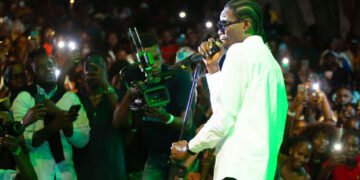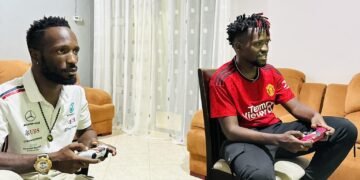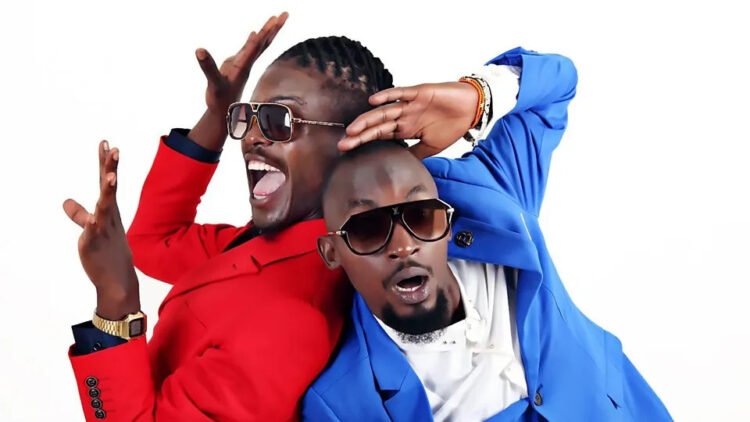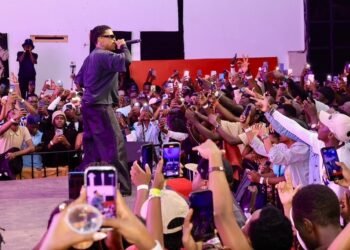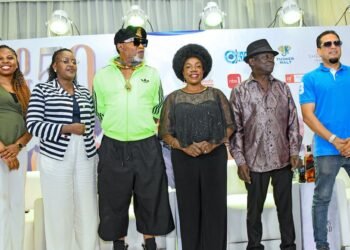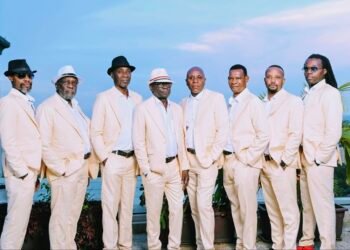A fresh war of words has erupted between celebrated Ugandan rapper Keko and singer Weasel Manizo over the remix of her smash hit This Is How We Do It, more than a decade after the song topped charts.
Speaking on the Baboon Forest podcast, Keko accused Radio & Weasel of recording the remix without her consent. She explained that although her original track was already a hit, Weasel approached her after listening to it and, within a day, had recorded his verse on the song without consulting her.
“We were not friends, and I didn’t even know them at that time. Weasel listened to it, and the next day, he recorded a verse on it without even consulting me. They had booked the remix and didn’t give me a chance to choose who I wanted to do the remix with,” Keko revealed.
The rapper stressed that she never needed a remix, insisting her solo version was already charting. She admitted to sampling a vocal tag from the late Mowzey Radio but defended it as a common practice in hip hop.
“Kanye West uses them a lot, but he doesn’t write the word ‘featuring’. It is a sample. It was Radio’s voice, yes, but it was cool with him at the time. No harm, no foul,” she explained.
However, Weasel has fired back at Keko’s claims, branding her comments “ungrateful.” Using the official Radio & Weasel page, he reminded her that it was the remix that won her the Most Gifted East African Video award at the Channel O Music Video Awards in 2011.
“Why are people so ungrateful sometimes? The truth still remains, we gave you a remix that gave you the award. Credit where credit is due. Remixes shine, but originals pave the way. Don’t talk too much nonsense to discredit us,” Weasel wrote.
He also poked holes in Keko’s story, questioning how she managed to use Radio’s voice sample if she claimed not to know the duo at the time.
“You didn’t know Radio that well, but you managed to get a sample tag piece from our producer, Just Jose,” Weasel argued, adding with laughing emojis, “She can only talk now because he (Radio) is not around, and I’m a humble guy.”
The clash has reignited debate among fans about music ownership, collaboration, and credit in the Ugandan entertainment industry, with both sides standing firmly by their version of events.


